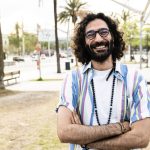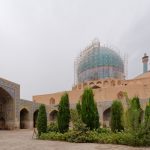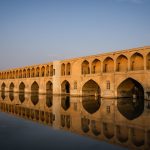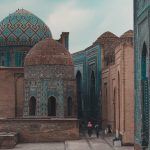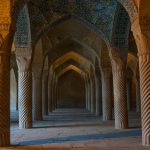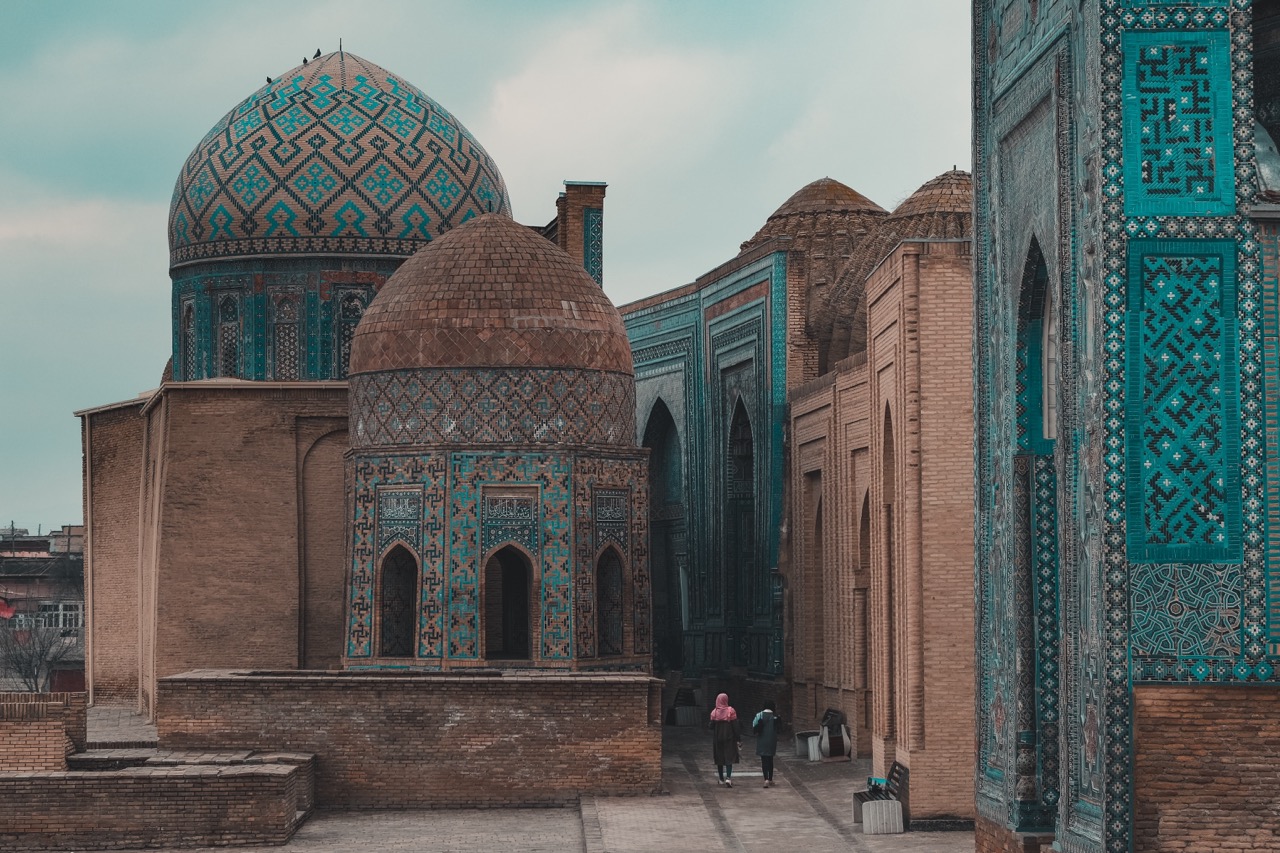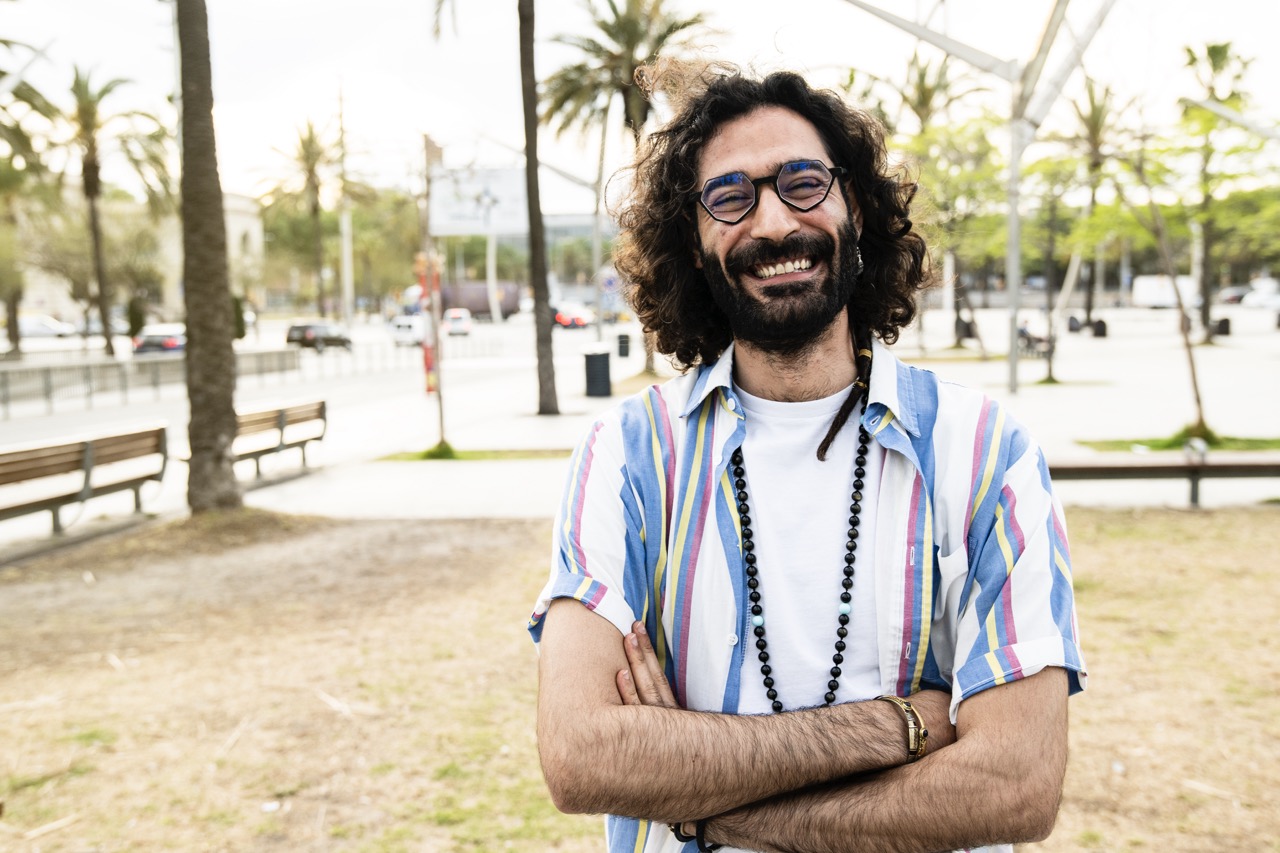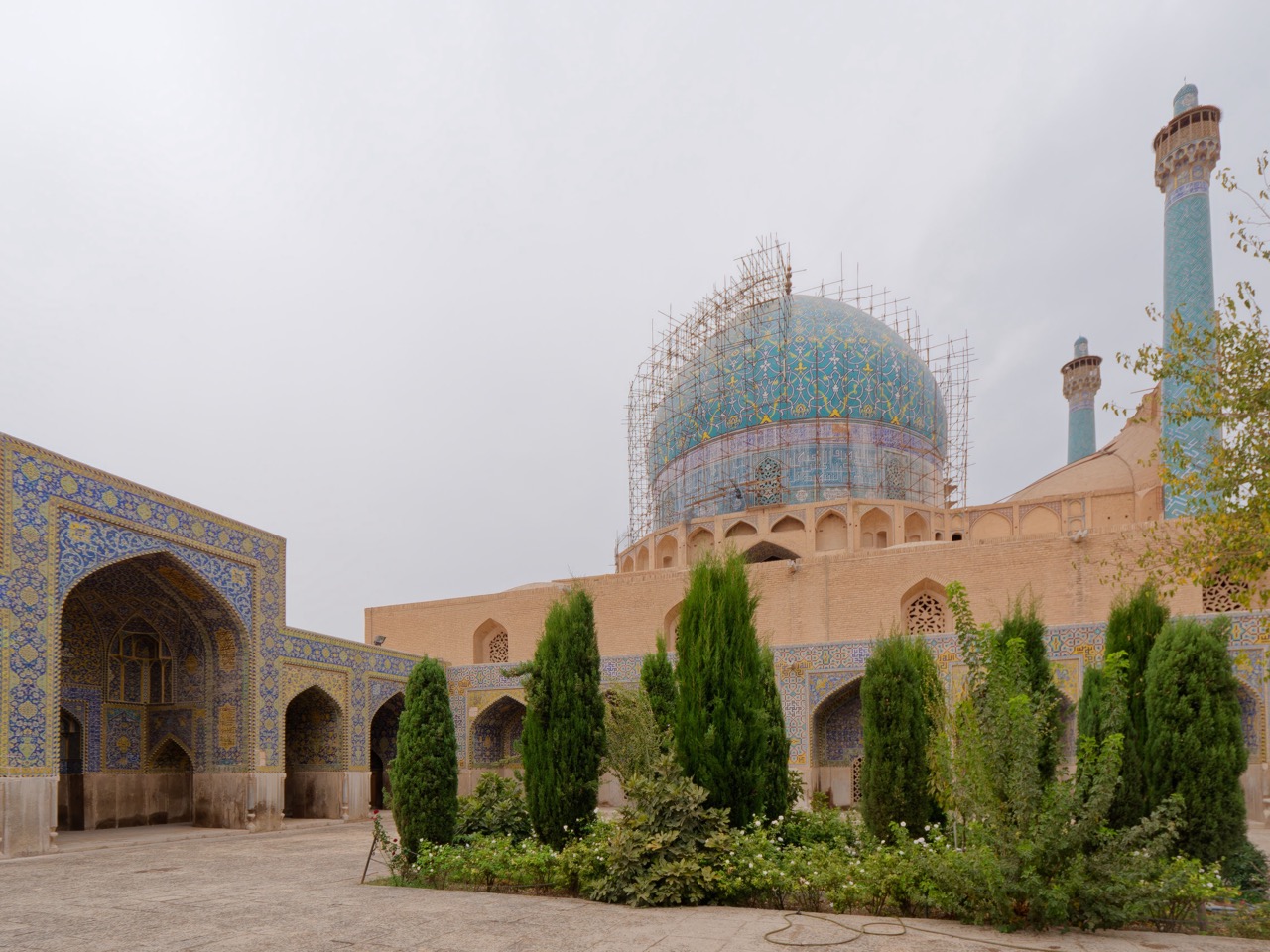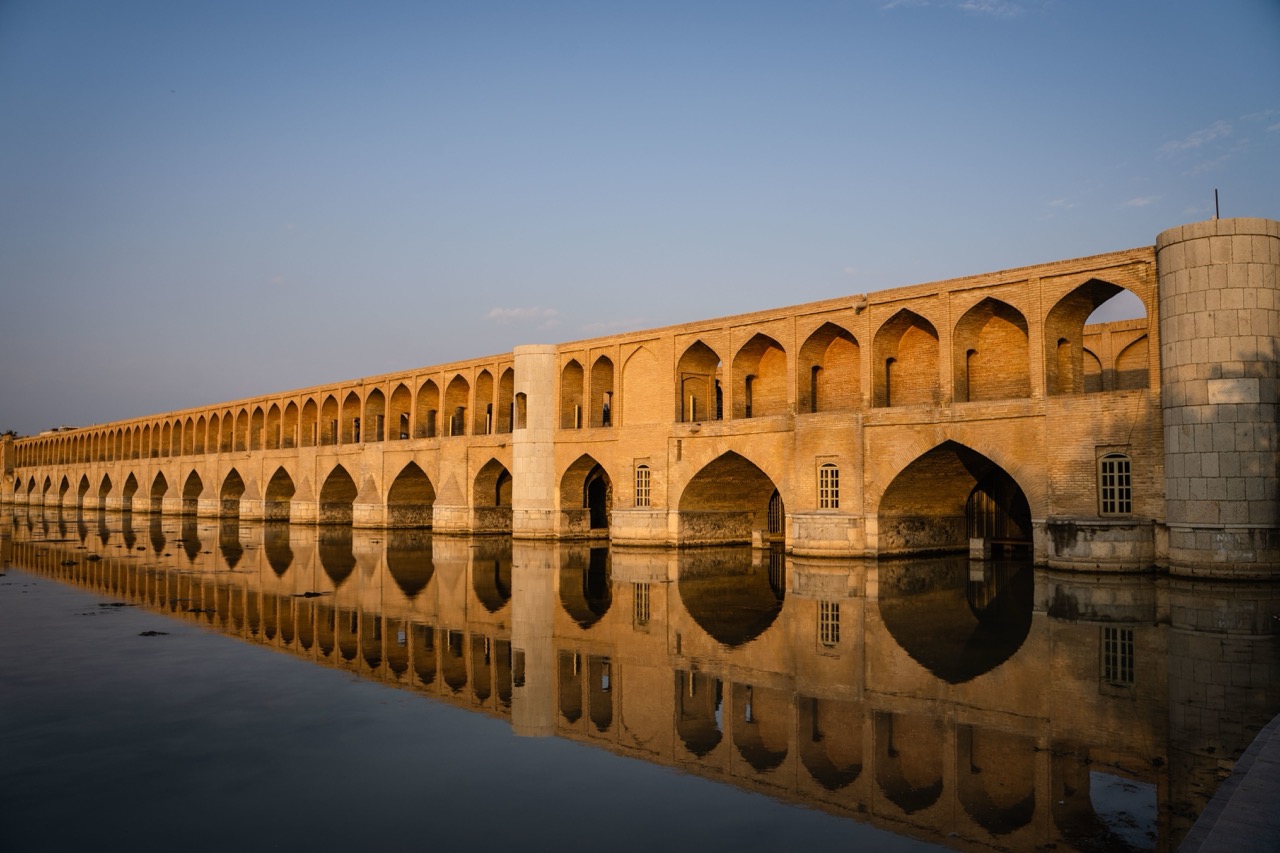The landscape of Iranian society is rich and complex, marked by a cultural tapestry that weaves together art, music, cinema, and politics. In recent years, the intersection of entertainment and politics has garnered significant attention, highlighting the influential role that celebrities play in shaping public discourse and political opinion. As the Iranian public grapples with pressing social and political issues, many prominent figures in the entertainment industry have stepped forward to voice their views, engage in social activism, and even transition into formal political roles. This article explores the dynamic relationship between Persian celebrities and politics, examining notable figures who have made political statements, those who have successfully transitioned to political roles, and the overall impact of celebrity involvement in Iranian politics.
The Intersection of Entertainment and Politics in Iran
In Iran, the lines between entertainment and politics are often blurred, particularly given the country’s unique political structure and cultural landscape. The Iranian government has historically maintained a cautious relationship with the arts, often viewing entertainers as both influential figures and potential threats to the regime. This ambivalence has led celebrities to navigate a delicate balance, using their platforms to advocate for social change while also being acutely aware of the potential repercussions of their actions. Political statements made by entertainers can resonate widely, influencing public sentiment and even swaying government policies.
Moreover, the rise of social media has significantly enhanced the ability of celebrities to engage with political issues. Platforms such as Instagram and Twitter allow stars to reach vast audiences, share their views, and mobilize followers around important causes. Celebrities can illuminate social injustices, advocate for human rights, and lead conversations on pressing political matters, thereby bridging the gap between the entertainment world and political activism. In a country where traditional media may be censored, these digital platforms serve as crucial avenues for expression and dissent.
Finally, the intertwining of entertainment and politics in Iran reflects broader global trends. In many countries, public figures are increasingly taking active roles in political discourse, leveraging their influence to effect change. The Iranian context, however, is particularly unique, as the country’s history of political repression adds layers of complexity to celebrity involvement in politics. The actions and statements of Persian celebrities can catalyze movements, but they also come with significant risks, including governmental backlash and social ostracism.
Notable Persian Celebrities Making Political Statements
Several prominent Persian celebrities have actively used their platforms to address political issues. For instance, actor and director Niki Karimi has been vocal about human rights abuses in Iran, advocating for freedom of expression and the rights of women. Through her public appearances and social media presence, she has raised awareness about issues such as gender equality and the plight of political prisoners, inspiring her followers to engage in activism.
Another influential figure is the internationally renowned singer Mohsen Namjoo, known for his fusion of traditional Persian music with contemporary sounds. Namjoo has often employed his art as a form of political resistance, addressing themes of oppression and injustice through his lyrics. His outspoken nature and willingness to challenge the status quo have made him a significant voice in the movement for reform within Iran, resonating deeply with both domestic and diaspora audiences.
Additionally, actress Taraneh Alidoosti has emerged as a powerful advocate for social justice, using her platform to speak out against state censorship and advocate for the rights of marginalized communities. Alidoosti’s commitment to raising awareness about critical issues has not only garnered her widespread respect but has also inspired younger generations of Iranians to engage more actively in political discussions, demonstrating the potential for celebrity influence to drive social change.
Case Studies: Celebrities Transitioning to Political Roles
The transition from entertainment to politics is not uncommon in Iran, with several celebrities successfully making this leap. One notable case is former actor and current member of parliament, Shahram Nazeri. Known for his contributions to Persian music and culture, Nazeri’s transition into politics has allowed him to leverage his celebrity status to advocate for cultural preservation and social reform. His ability to straddle both worlds highlights the potential for artists to effect change from within political institutions.
Another prominent example is Masoud Kimiai, a celebrated filmmaker who has also ventured into the political sphere. Known for his films that critique societal norms, Kimiai’s foray into politics was marked by his active participation in discussions surrounding national identity and cultural values. His dual career serves as a testament to the impact that a strong cultural background can have on political discourse, allowing him to bridge the gap between art and governance.
Finally, we can look at the case of the beloved television personality and activist, Leila Hatami. While she initially gained fame for her roles in critically acclaimed films, Hatami has transitioned into a political figure advocating for women’s rights and environmental issues. Her trajectory illustrates how celebrities can move from the silver screen to the political arena, bringing with them a dedicated following that can amplify their political messages and initiatives.
The Impact of Celebrity Involvement in Iranian Politics
The involvement of celebrities in Iranian politics has profound implications for society. Their ability to mobilize public opinion and galvanize discourse around vital issues can lead to increased awareness and activism among citizens. For many Iranians, celebrities serve as role models, and their political engagement can inspire individuals to become more active in societal issues, from human rights advocacy to environmental protection.
Furthermore, celebrity involvement can also pressure the government to address pressing social concerns. When stars risk their careers to speak out against injustices, it often leads to increased scrutiny of governmental policies and practices. This pressure can catalyze change, prompting authorities to respond to public demands for reform. The visibility and influence of these celebrities can shift the narrative around sensitive topics, fostering a more open dialogue about political reform and social justice.
However, the risks associated with celebrity involvement in politics cannot be overstated. Many public figures face backlash, including censorship, social ostracism, and even legal repercussions for their activism. Despite these challenges, the continued engagement of Persian celebrities in political discourse highlights the transformative power of art and culture in the fight for societal change. Their commitment to advocacy serves not only to inspire others but also to challenge the status quo, fostering an environment where critical discussions about the future of Iran can thrive.
The relationship between Persian celebrities and politics is a potent reflection of the societal dynamics within Iran. As notable figures from the entertainment industry continue to make political statements and transition into formal roles, the impact of their involvement is increasingly evident. Through their activism, these celebrities have not only heightened awareness of social issues but have also inspired a new generation to engage in the political arena. While the path is fraught with challenges, the courage demonstrated by these individuals underscores the potential for meaningful change within Iranian society, ultimately highlighting the critical intersection of art and politics in shaping the future of the nation.
